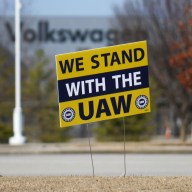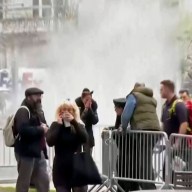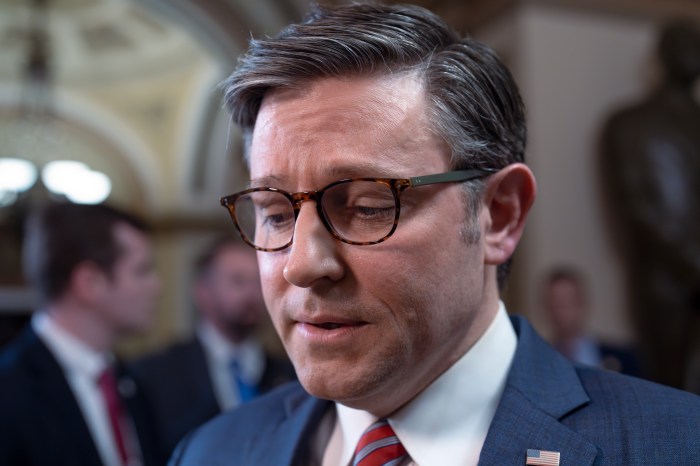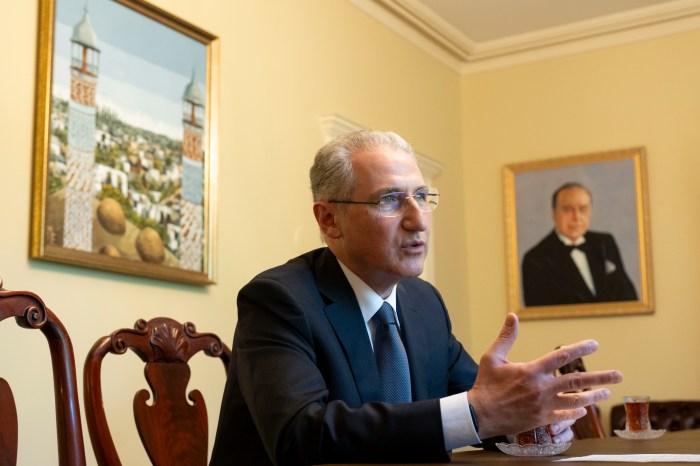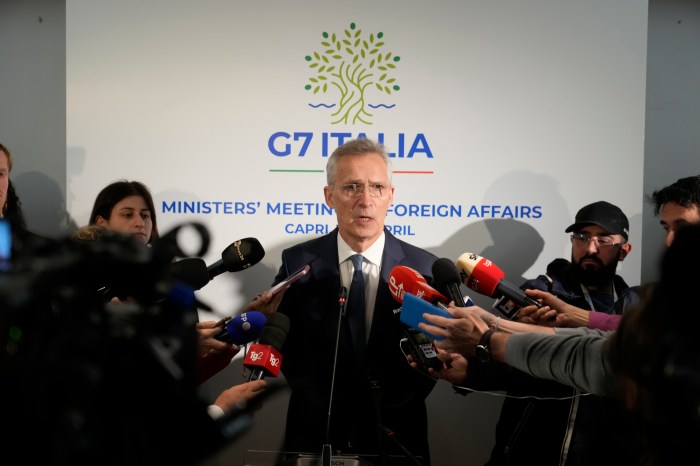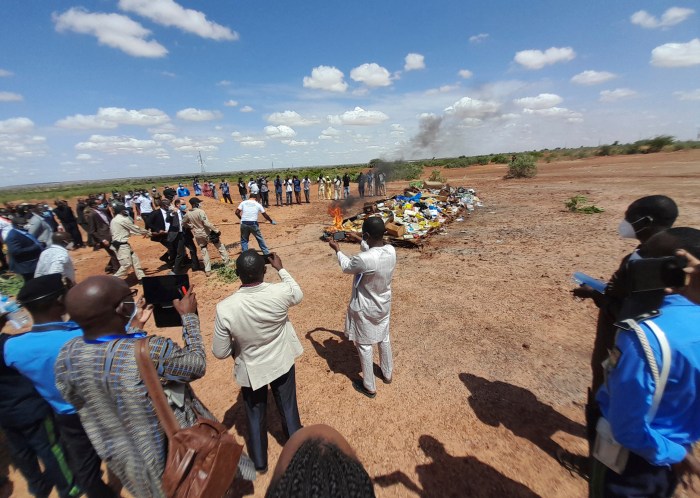MOSCOW (Reuters) – Cossacks and police officers enforcing the coronavirus lockdown in Russia’s western city of Kaliningrad have donned modified face masks that local scientists say can be worn for days without being replaced.
The trick, they say, is to line the cheap cotton fabric of the masks with an ultra-thin coating of silver.
The World Health Organization does not generally recommend that healthy members of the broader population use masks and the benefits of the use of silver against the coronavirus have not been tested and are therefore unproven.
But Kaliningrad’s Immanuel Kant Baltic Federal University believes the technique could give the masks additional protective properties, although – like single-use masks – they still would not guarantee full protection from the virus.
“In my view we’re able to slightly increase the efficiency of this accessory – and it is an accessory, not a medical device – because we believe the active silver surface can kill some amount of the virus,” Aleksander Goyhman, the director of the university’s nano-materials centre, said.
Russia, which has reported 4,149 coronavirus cases and 34 deaths, has imposed a partial lockdown on many of its regions, including Kaliningrad, a Russian exclave in Europe that borders Poland and Lithuania.
Cossacks, a conservative Orthodox Christian people that help with some police functions in some of Russia’s regions, have joined officers in Kaliningrad patrolling to make sure people stay at home.
“We were happy to learn the university would supply us with protection – and not just something simple but something made with modern technology,” said Dmitry Savchenko who is part of a Cossack street patrol.
The university has already produced its first batch of the masks with the help of a local tailor shop, but they see looming challenges in expanding production – not least in finding enough cotton fabric and silver.
“Its important for us that someone helps with the raw materials. We’re not asking for money for anything else. We’re just trying to do something good for people,” said the university’s president, Alexander Fyodorov.
(Editing by Tom Balmforth and Andrew Heavens)






